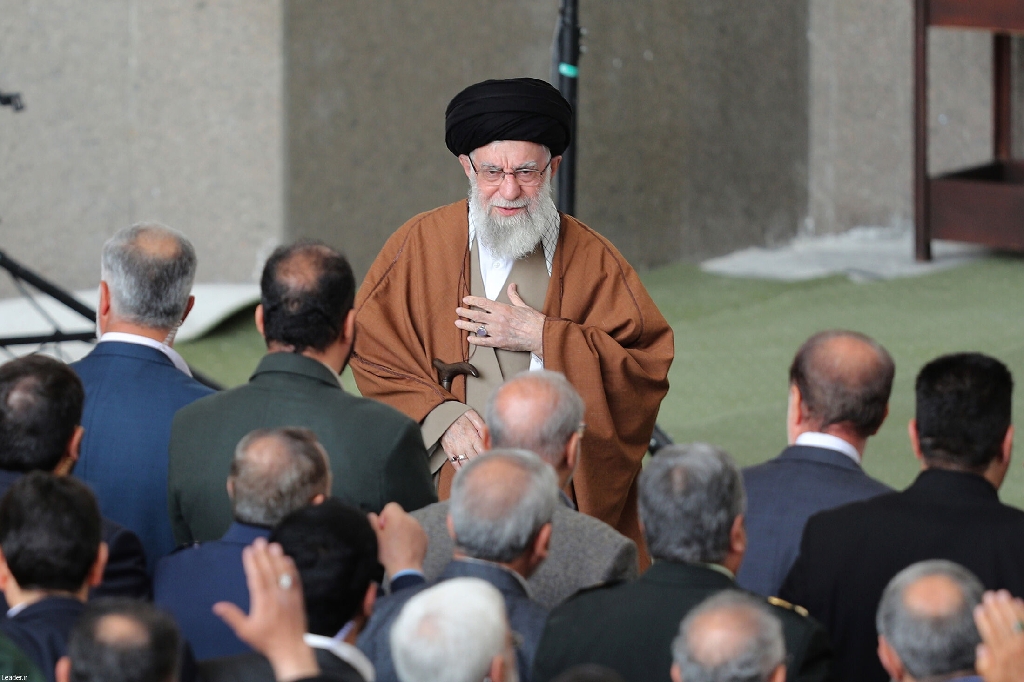Brasília (AFP) – The UN’s climate chief, seeking to shore up solidarity on combating global warming as the United States retreats from its leadership role, appealed to nations’ self-interest in a speech Thursday. Speaking at a university in Brazil’s capital, Simon Stiell shared that global heating was “dangerously high,” but noted that real progress had been made since the landmark Paris Agreement. He conceded that many countries would miss a February 10 deadline to submit their next round of climate plans, providing them until September to deliver “first-rate” emissions roadmaps. Brazil is set to host the next global climate conference, COP30, in November.
“We are already headed in the right direction. We just have to implement, and implement more and faster,” said Stiell, the former Grenadan environment minister. Quick action followed President Donald Trump’s return to the White House, during which he announced the US withdrawal from the Paris deal for the second time. Stiell emphasized that “a country may step back –- but others are already stepping into their place to seize the opportunity, and to reap the massive rewards: stronger economic growth, more jobs, less pollution and far lower health costs, more secure and affordable energy.”
He argued that economic reality would drive action, with climate investment currently at $2 trillion. “Self-interest, above all other factors, is why the clean energy shift is now unstoppable: because of the colossal scale of economic opportunity it presents.”
Only a handful of countries have so far submitted their climate plans, including Brazil and Britain, while major emitters like China and the European Union are expected to follow later in the year. A UN official indicated that over 170 countries had started working on their new emissions goals and planned to submit them this year, most before COP30.
When the Paris deal was signed ten years ago, the world was heading for 5 degrees Celsius of warming above pre-industrial levels, a trajectory that Stiell described as “a death sentence for humanity as we know it.” He noted that the current path of 3C remains catastrophic. The safer limit under the Paris deal is 1.5C, but scientists caution that this target is slipping out of reach. Last year was recorded as the hottest on record, with the combined average temperature of 2023 and 2024 exceeding the 1.5C threshold for the first time.
On Thursday, Europe’s climate monitor announced that last month was the hottest January on record. The previous year’s contentious COP29 meeting in Baku concluded with wealthier nations agreeing to provide at least $300 billion annually by 2035 to assist poorer nations in progressing their green transition and building resilience. However, the actual need has been estimated at $1.3 trillion in developing countries, many of which are struggling with severe debts.
Stiell highlighted that the focus this year would be on identifying alternative sources of funding to bridge this gap, stressing that the financing was “not charity” but rather a necessary step to curb inflation exacerbated by climate disasters. “Just take rising food prices, which have the fingerprints of climate-driven droughts, floods, and wildfires all over them,” he stated.
© 2024 AFP




